
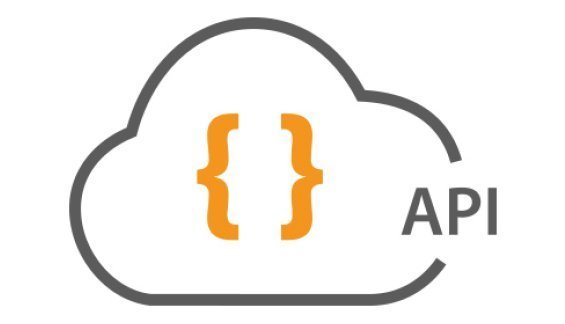







































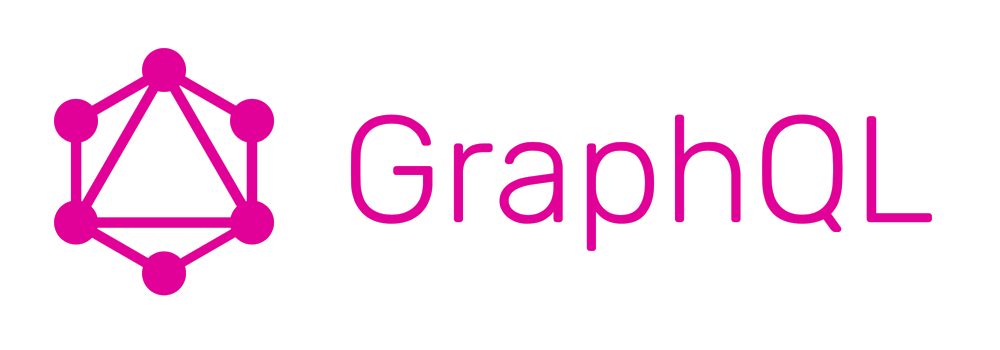
MICROSERVICES

LET'S BUILD TOGETHER

http://rockalabs.com

xergioalex
Sergio A. Florez
TECH LEAD && FULL STACK DEVELOPER




LET'S BUILD TOGETHER
DIVIDE AND CONQUER
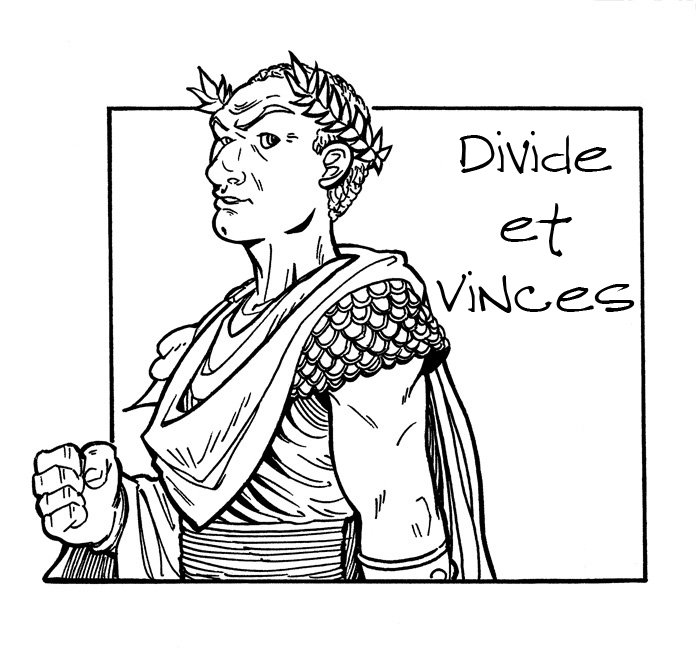


LET'S BUILD TOGETHER
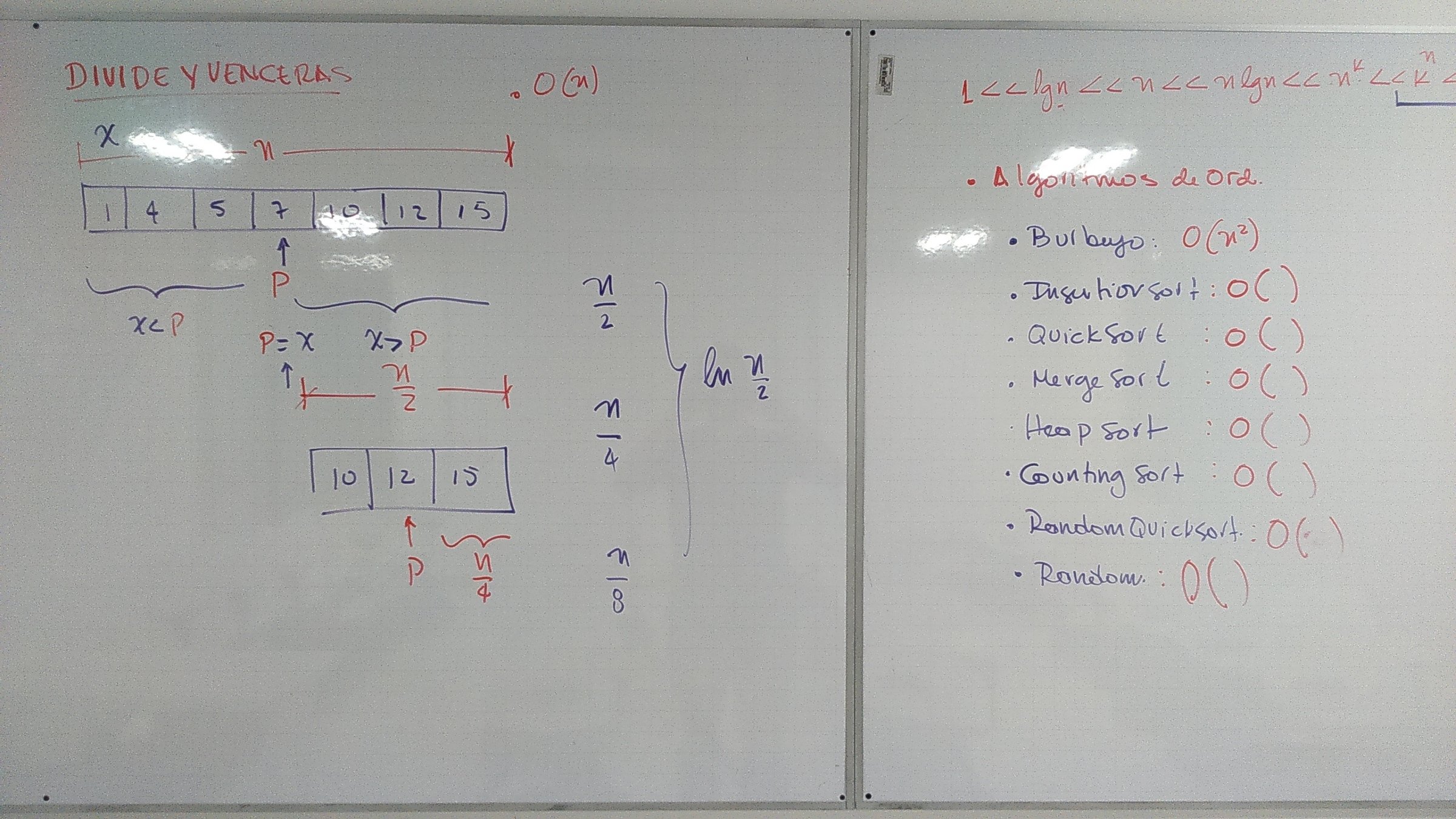


LET'S BUILD TOGETHER
DIVIDE AND CONQUER
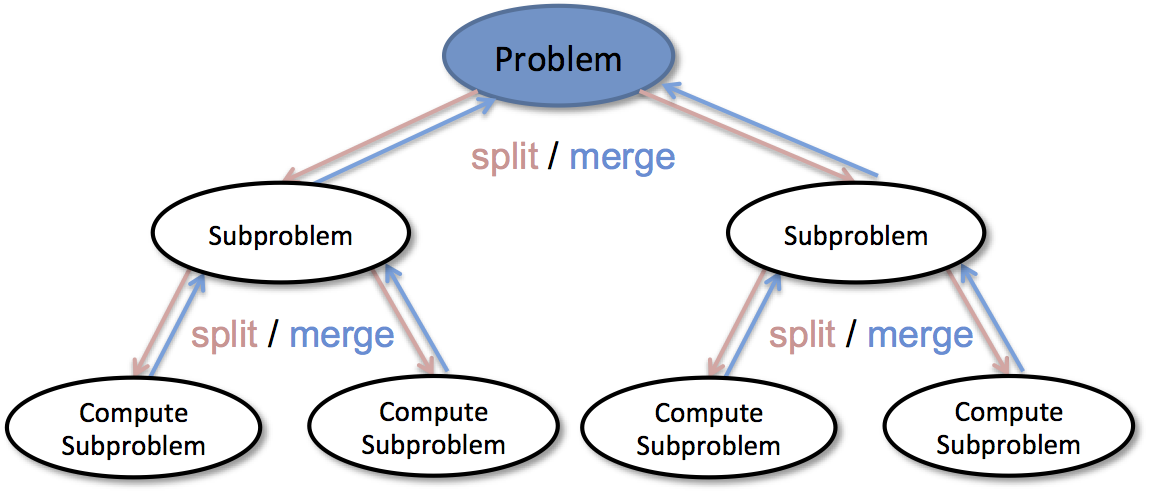



LET'S BUILD TOGETHER

Microservice is that it does one thing and it does it very well.



LET'S BUILD TOGETHER

It’s autonomous: self-contained unit of functionality. A unique location (URL) identifies it.
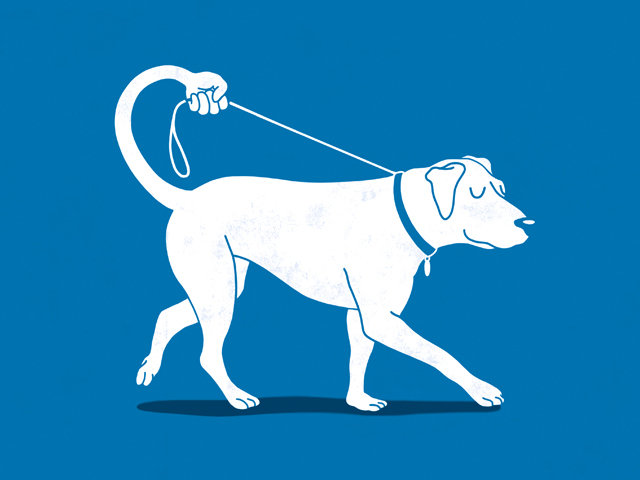


LET'S BUILD TOGETHER

It’s isolated, so we can modify it, test it and deploy it without impacting other areas of the solution



LET'S BUILD TOGETHER

It’s elastic. Can be scaled independently of other services.
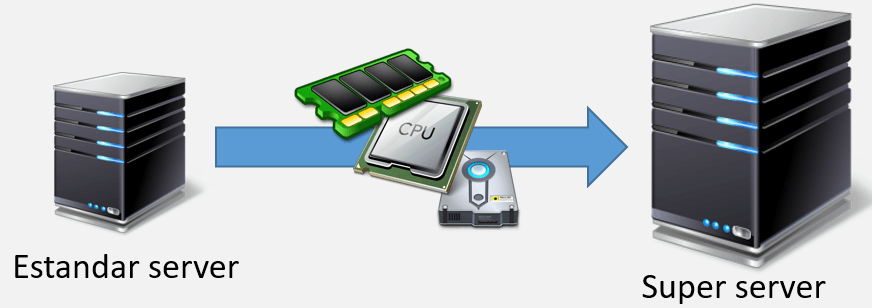

Vertical
Escaling
Horizontal
Escaling


LET'S BUILD TOGETHER

It’s resilient. Is fault tolerant and highly available.




LET'S BUILD TOGETHER

It’s responsive, it responds to requests in a reasonable amount of time.



LET'S BUILD TOGETHER

It’s message oriented. Rely on asynchronous message-passing to establish a boundary between components.



LET'S BUILD TOGETHER

It’s programmable. Thanks to API’s for access by developers and administrators and Applications are composed from multiple microservices.



LET'S BUILD TOGETHER

It’s automated, the lifecycle of a microservice is managed through automation that includes dev, build, test, staging, production and distribution.



LET'S BUILD TOGETHER
Are Microservices the silver bullet for all your problems?
NO


LET'S BUILD TOGETHER
Scalable
PROS
CONS

Network latency increased by the messages interchange.
Reduce deployment costs
Deployment and testing complexity increase exponentially based on the number of interaction between services.


LET'S BUILD TOGETHER
Can be developed by a small team.
PROS
CONS

Too fine grained microservices may create an overhead that outweighs its utility.
Team only has to be aware of the business logic that represents the service and its interactions.
Message formats, restrictions, and interactions knowledge is needed.


LET'S BUILD TOGETHER
Continuous deployment.
PROS
CONS

Must pay lot of attention in versioning because of the interaction with older version of other services.
Use the technology you prefer to create it.
Transactional operations that goes through the boundaries of many microservices increase the logic complexity.


LET'S BUILD TOGETHER
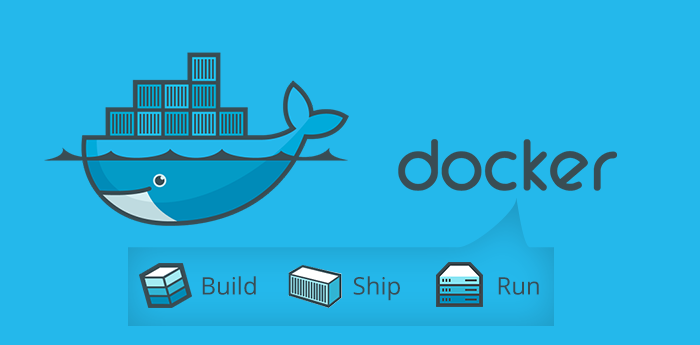


LET'S BUILD TOGETHER
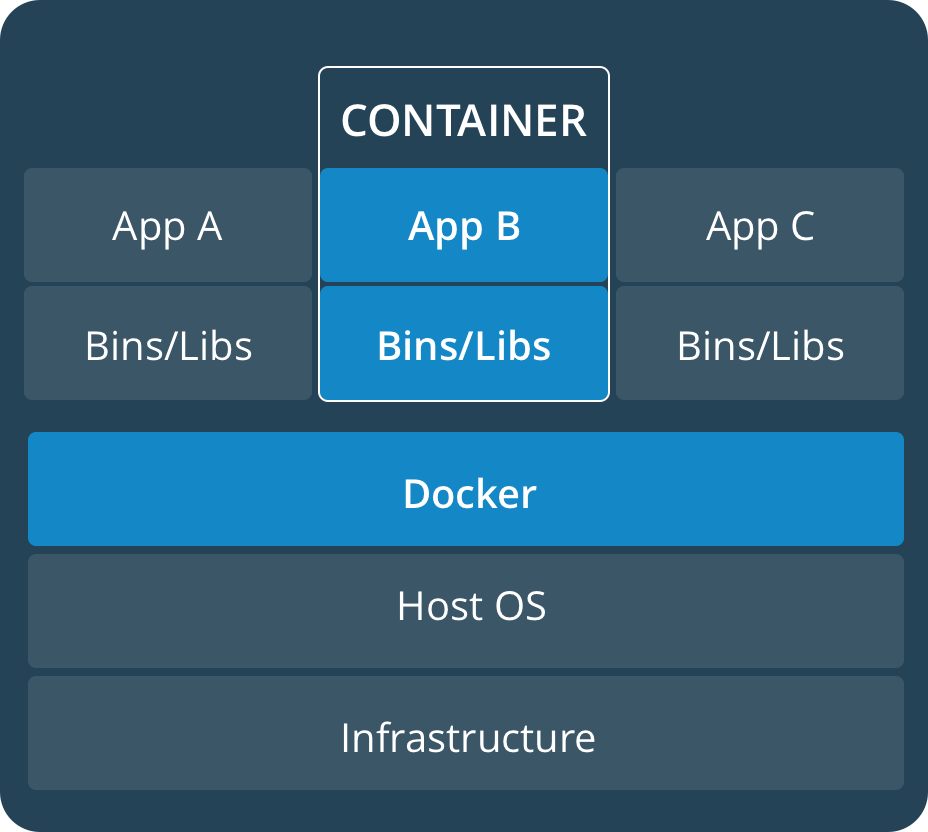
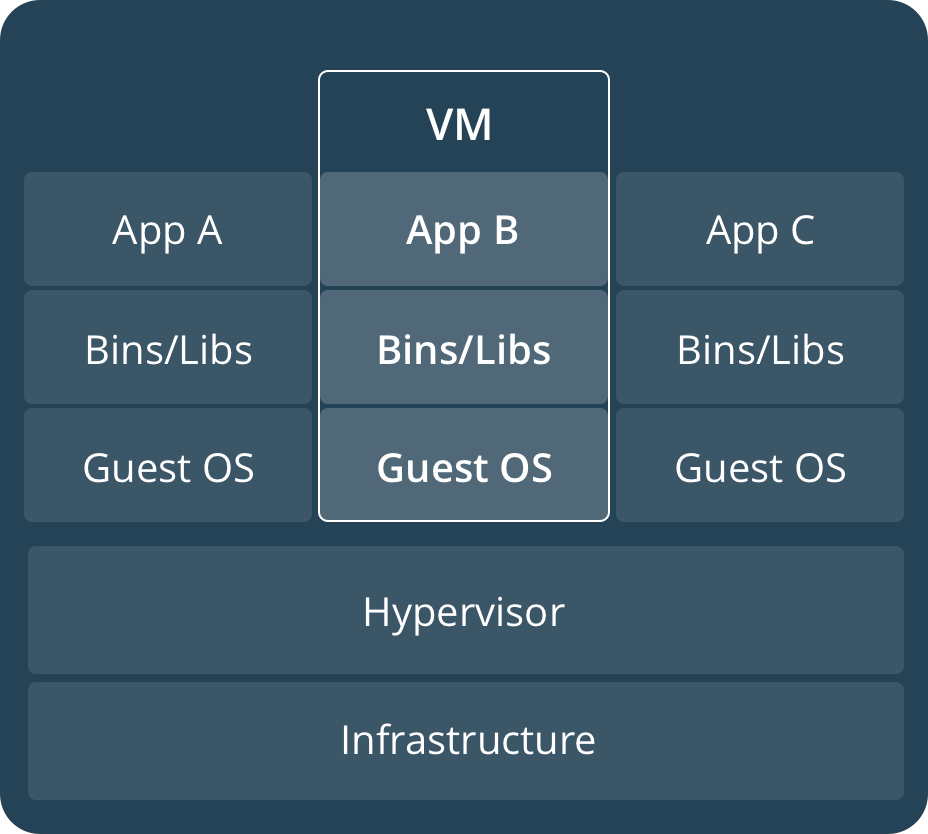


LET'S BUILD TOGETHER
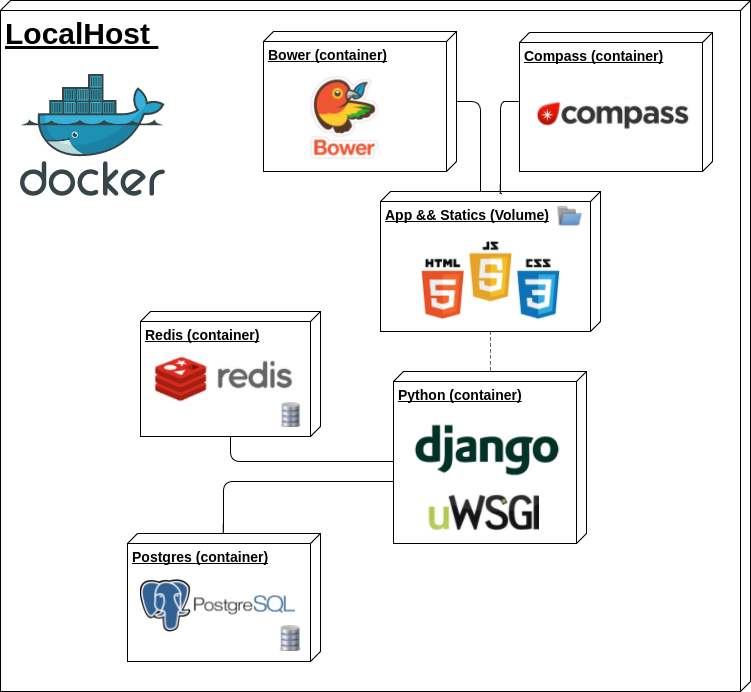


LET'S BUILD TOGETHER
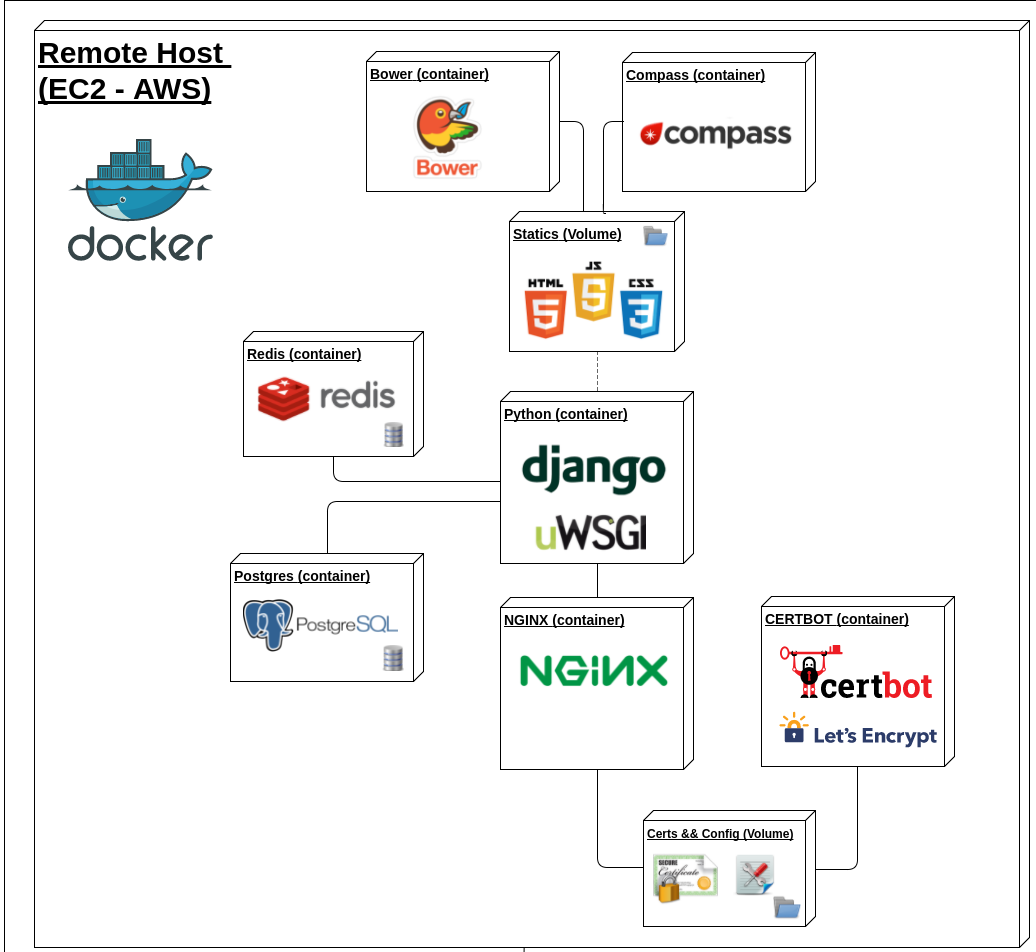


LET'S BUILD TOGETHER
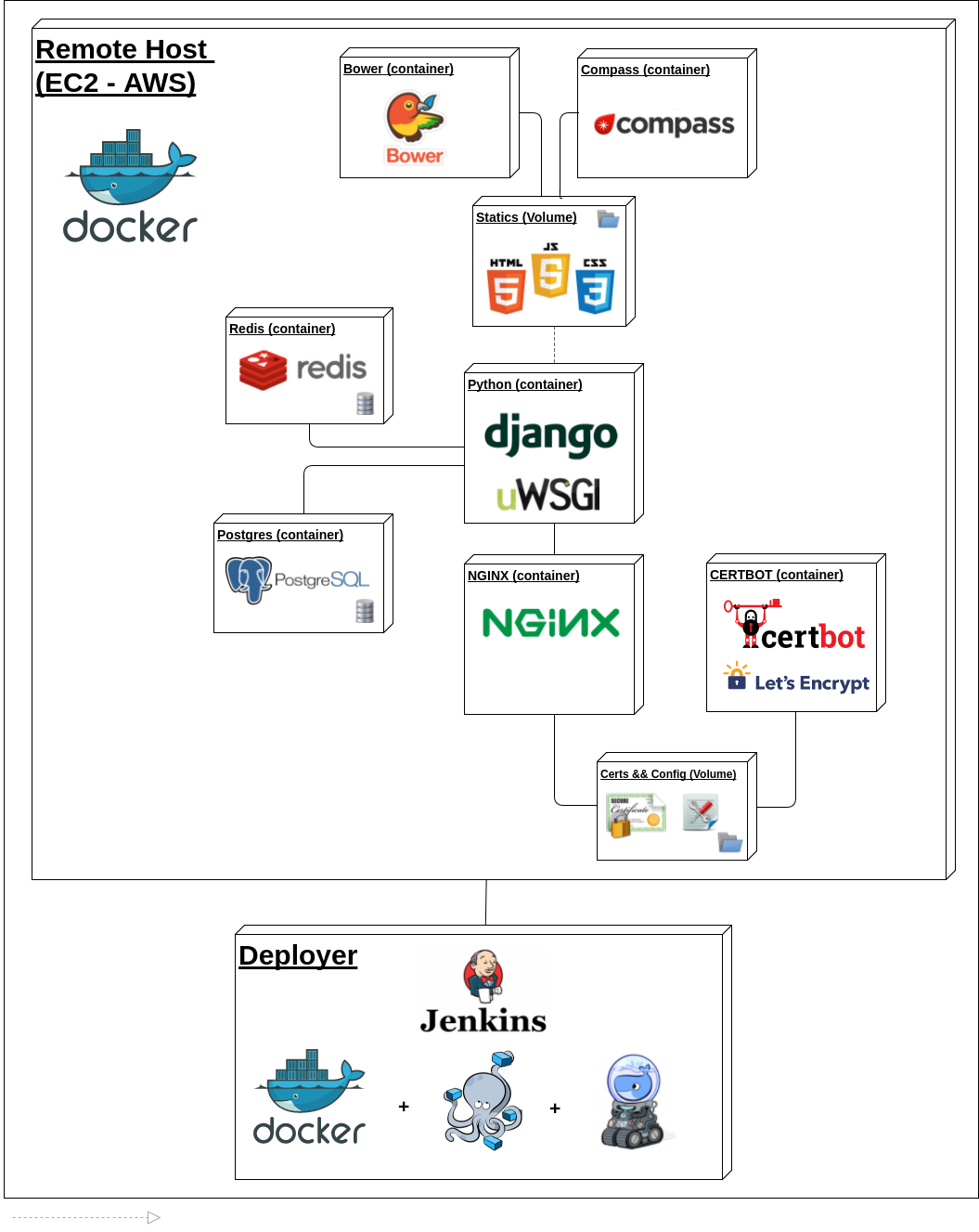


LET'S BUILD TOGETHER
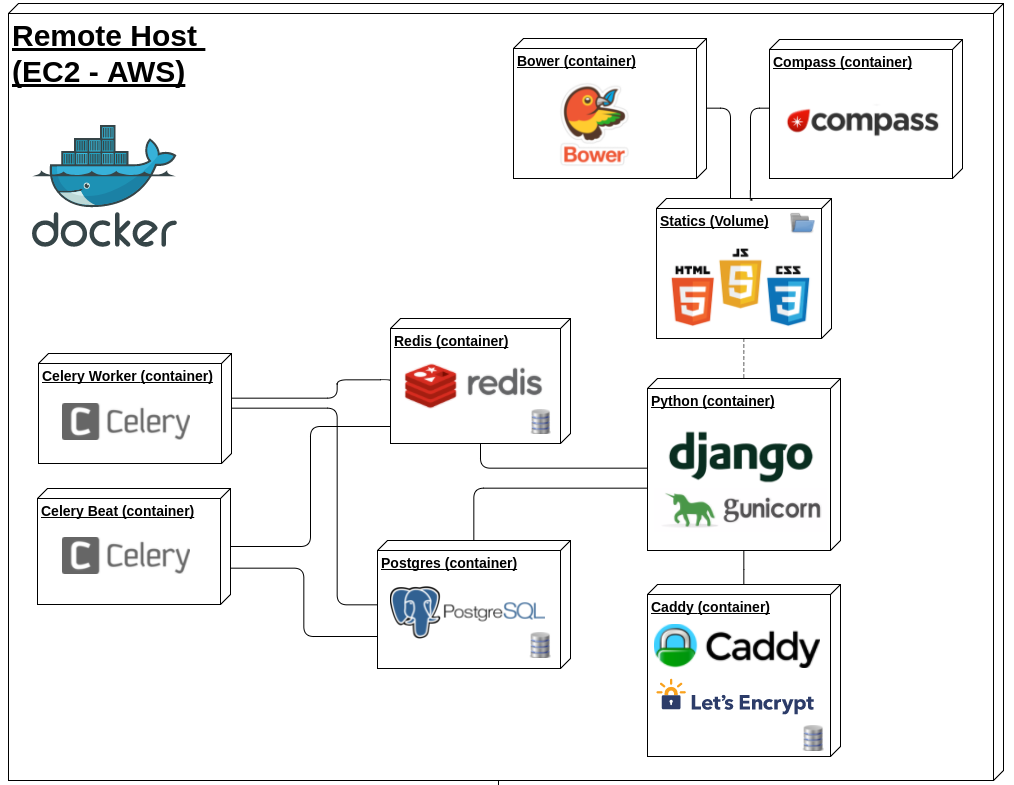


LET'S BUILD TOGETHER
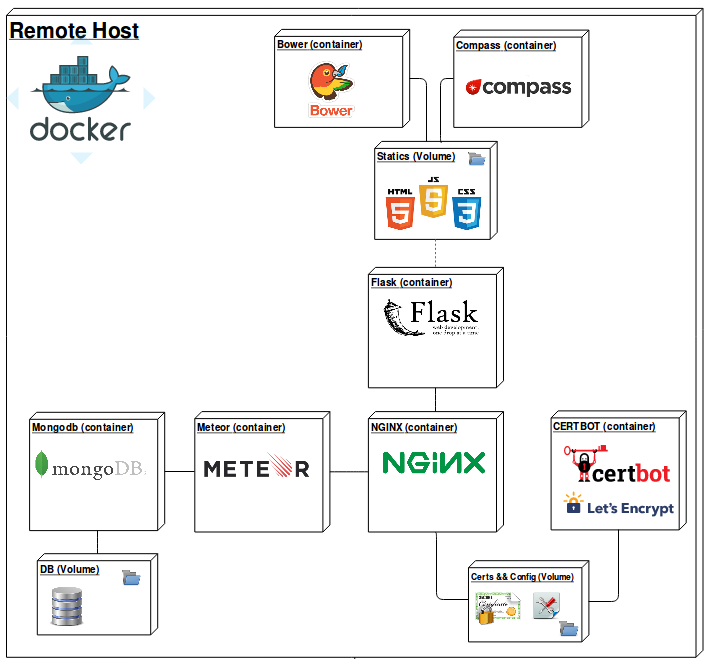


LET'S BUILD TOGETHER
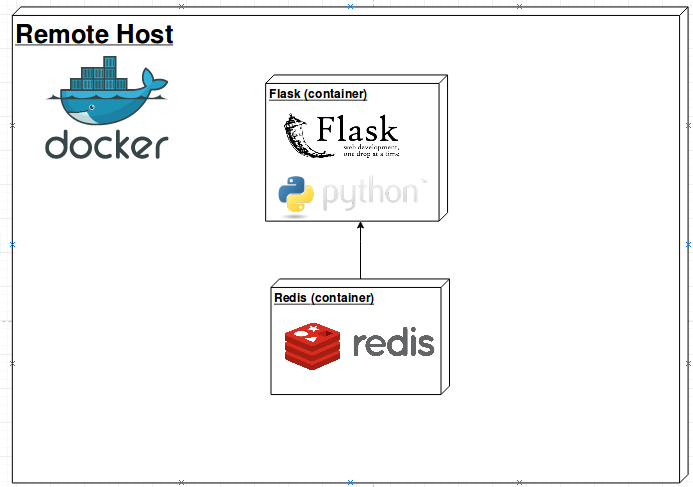


LET'S BUILD TOGETHER





































LET'S BUILD TOGETHER

ARE YOU A HIPSTER?


LET'S BUILD TOGETHER
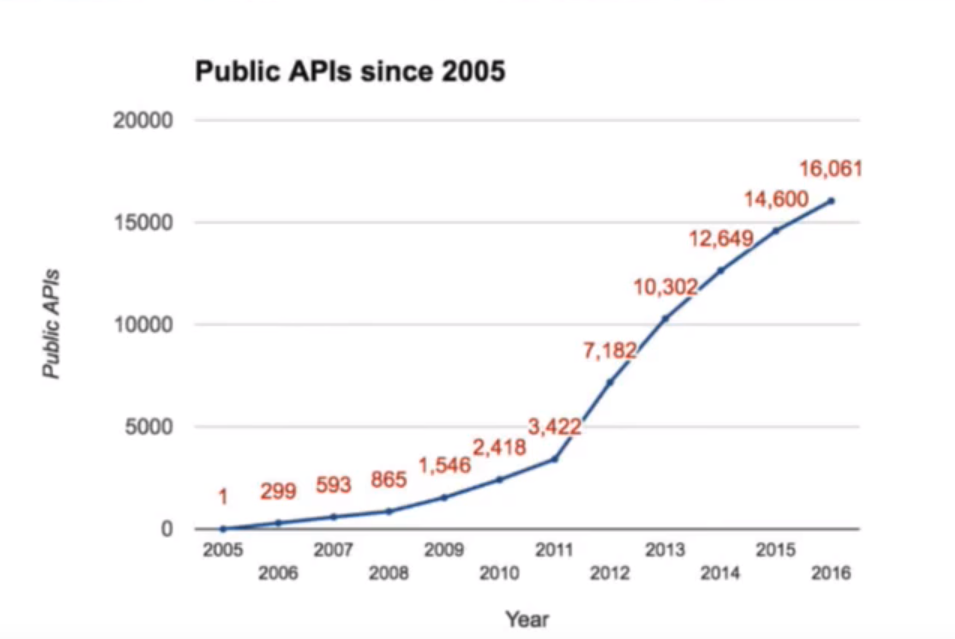

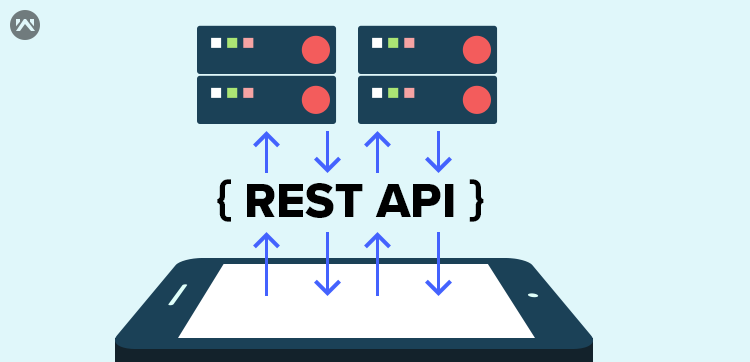


LET'S BUILD TOGETHER


LET'S BUILD TOGETHER
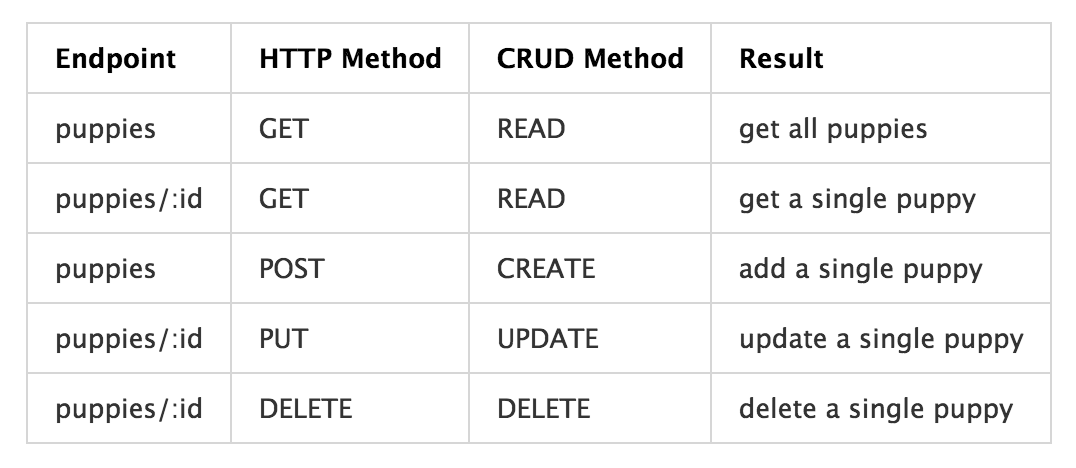


LET'S BUILD TOGETHER



LET'S BUILD TOGETHER
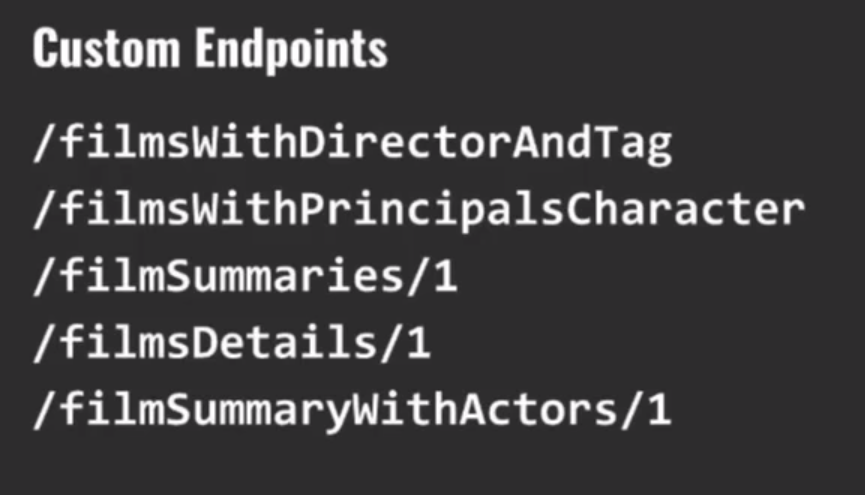


LET'S BUILD TOGETHER




LET'S BUILD TOGETHER
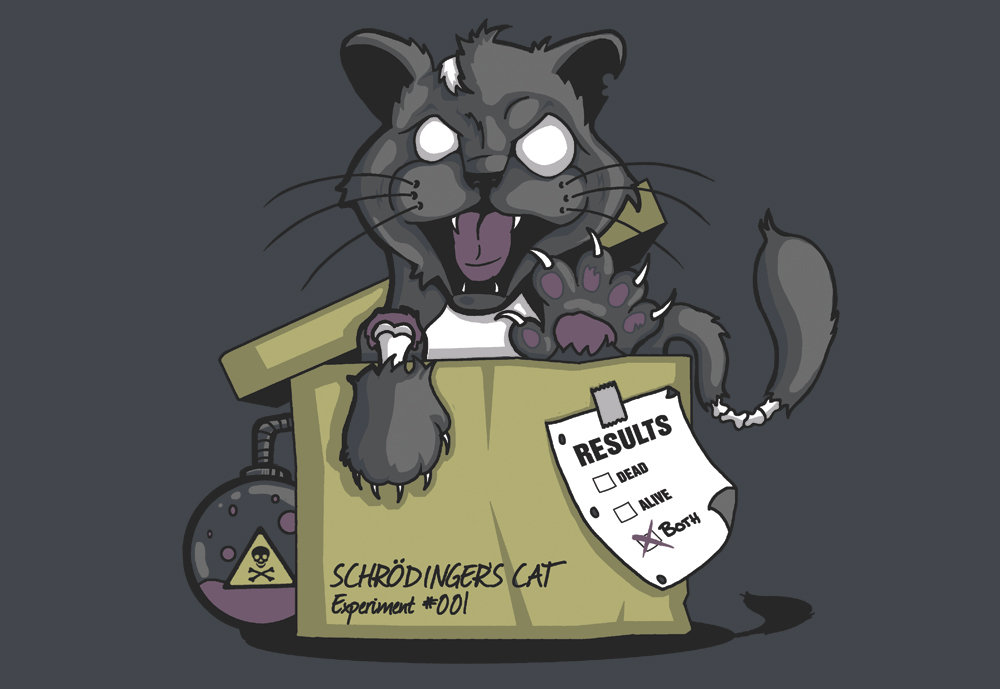


LET'S BUILD TOGETHER
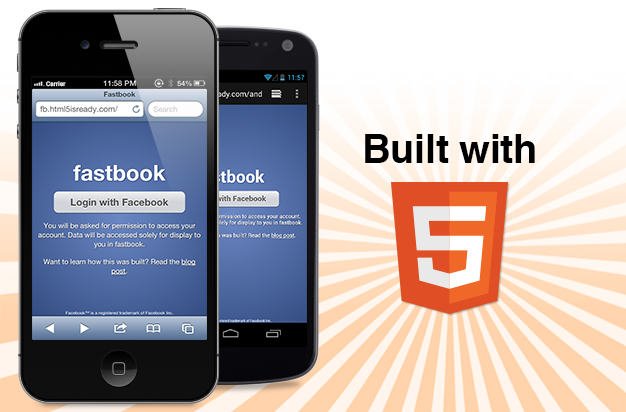


LET'S BUILD TOGETHER



LET'S BUILD TOGETHER

It was created by Facebook in 2012, driven by the mobile team
The beginning



LET'S BUILD TOGETHER

GraphQL Especificación
(http://facebook.github.io/graphql/October2016/)
Implementación de referencia en js:
The beginning


LET'S BUILD TOGETHER

Graphql is query language designed to communicate clients and servers.
A complete alternative to REST.
What is it?
GraphQL is not like SQL.


LET'S BUILD TOGETHER

Platform agnostic (implemented in 20 languages)
What is it?



LET'S BUILD TOGETHER

It's just a convention
{REST}
VS
It is a typed language
The server exposes
resources.
The client defines
what receives
Usually send more
information than necessary.
Only what is necessary
is sent


LET'S BUILD TOGETHER

Multiple requests per
view or custom
{REST}
VS
One request per view
Documentation foreign to development.
Documented by
definition.


LET'S BUILD TOGETHER
Only one endpoint is required
/graphql

{REST}
VS
Multiples endpoints exposed
/puppies
/puppies/:id
/puppies/update/:id
/puppies/delete/:id


LET'S BUILD TOGETHER
Schema

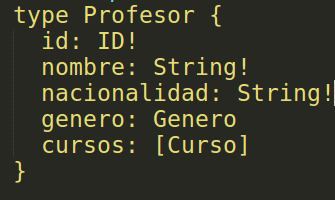


LET'S BUILD TOGETHER
Types

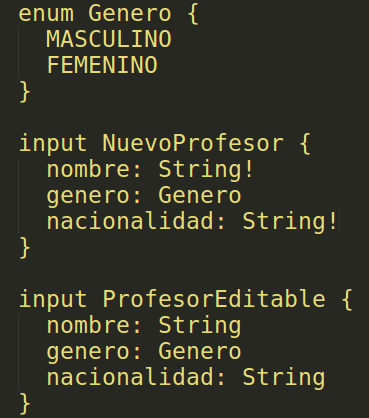


LET'S BUILD TOGETHER
Mutations


Querys



LET'S BUILD TOGETHER
Resolvers

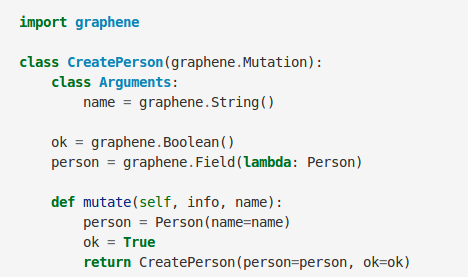


LET'S BUILD TOGETHER
Example

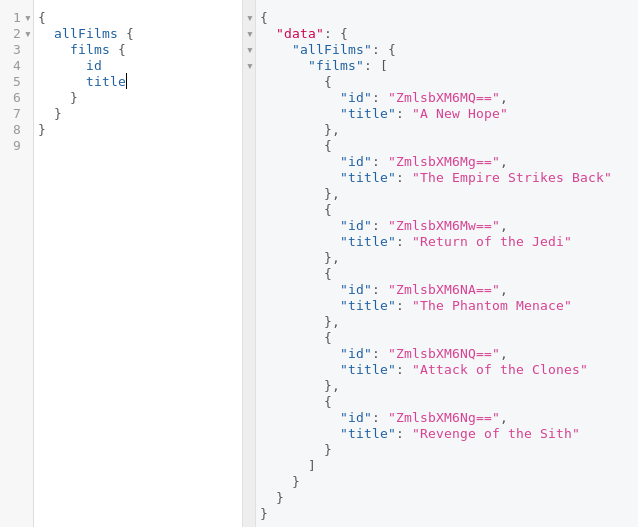

Links


LET'S BUILD TOGETHER
Por qué API REST está muerto y debemos usar APIs GraphQL - José María Rodríguez Hurtado
https://www.youtube.com/watch?v=cUIhcgtMvGc
Por qué API REST está muerto - José María Rodríguez
Cheatsheet
Links


LET'S BUILD TOGETHER
GraphQL SWAPI
http://graphql.org/swapi-graphql/
GraphQL Voyager
https://github.com/APIs-guru/graphql-voyager
Apollo Launchpad
https://launchpad.graphql.com/
GraphQL Anywhere
Links


LET'S BUILD TOGETHER
Links


LET'S BUILD TOGETHER
Graphene (Python)
Relay (Client)
https://facebook.github.io/relay/
Apollo (Client)
https://www.apollographql.com/client
Codenames
https://github.com/GraphqlBA/codenames-gql/
Links


LET'S BUILD TOGETHER
APIs GraphQL
https://github.com/APIs-guru/graphql-apis
Github GraphQL API
https://developer.github.com/v4/
Why GraphQL (Github)
https://githubengineering.com/the-github-graphql-api/
Docker
Links


LET'S BUILD TOGETHER
Docker Compose
https://docs.docker.com/compose/
Github GraphQL API
https://developer.github.com/v4/
Docker Machine
https://docs.docker.com/machine/
Docker Swarm
https://docs.docker.com/engine/swarm/
Links


LET'S BUILD TOGETHER
Divide and conquer – The Microservice approach
https://www.art2link.com/divide-conquer-microservice-approach/
Docker Load Balancer Demo

LET'S BUILD TOGETHER

http://rockalabs.com

xergioalex
Sergio A. Florez
TECH LEAD && FULL STACK DEVELOPER

